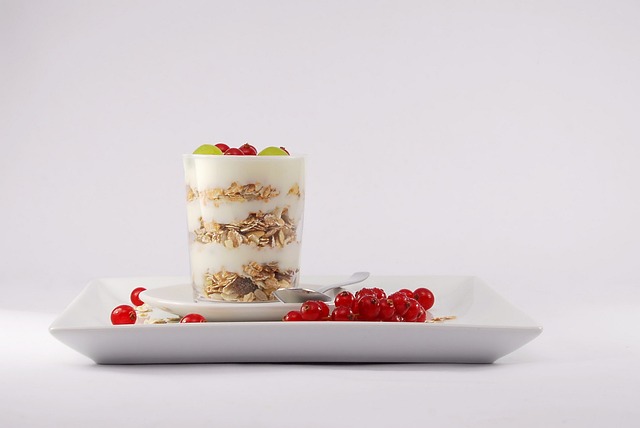Probiotics 101: Everything You Need to Know About Harnessing Good Bacteria
Probiotics have gained significant attention in recent years for their role in supporting digestive health and overall well-being. These live microorganisms, often referred to as “good bacteria,” offer numerous benefits when consumed in adequate amounts. In this article, we will delve into the world of probiotics, exploring what they are, their health benefits, food sources, and more.
What Are Probiotics?
Probiotics are live microorganisms, including bacteria and yeast, that provide health benefits when ingested in appropriate quantities. They naturally exist in our bodies, primarily in the gastrointestinal tract, helping maintain a healthy balance in our gut flora. The most common types of bacteria found in probiotics include Lactobacillus and Bifidobacterium.
Health Benefits of Probiotics
Research suggests that probiotics offer various health benefits, particularly for digestive health. Some of the key advantages of incorporating probiotics into your diet include:
- Improved Digestion: Probiotics help break down food and promote the absorption of nutrients in the gut, aiding digestion.
- Enhanced Immunity: Good bacteria play a role in strengthening the immune system, reducing the risk of infections.
- Reduced Inflammation: Certain strains of probiotics have anti-inflammatory properties and may help alleviate symptoms of inflammatory bowel diseases like Crohn’s disease and ulcerative colitis.
- Prevention of Antibiotic-Associated Diarrhea: Antibiotics can disrupt the balance of gut bacteria, leading to diarrhea. Probiotics can help restore this balance and minimize antibiotic-associated diarrhea.
Food Sources of Probiotics
While probiotic supplements are readily available, you can also incorporate probiotics into your diet through various natural food sources. Some common examples include:
- Yogurt: Yogurt is a well-known source of probiotics. Look for yogurts that contain live and active cultures.
- Kimchi: A Korean fermented dish made from cabbage and other vegetables, kimchi, is rich in probiotics.
- Sauerkraut: Fermented cabbage is another excellent source of probiotics.
- Kombucha: A fermented tea beverage, kombucha, contains probiotics and is available in many delicious flavors.
- Miso Soup: A traditional Japanese soup made from fermented soybeans, miso soup contains probiotics and is highly nutritious.
- Kefir: This fermented milk drink is a great probiotic source that can be enjoyed on its own or added to smoothies and cereals.
Selecting Probiotic Supplements
If you opt for probiotic supplements, it’s essential to choose high-quality products from reputable brands. Consider the following factors when selecting a probiotic supplement:
- Strain Diversity: Look for supplements that contain a variety of bacterial strains to maximize the potential health benefits.
- CFU Count: CFU stands for “colony-forming units” and indicates the number of viable cells in each dose. Ensure the supplement provides an adequate CFU count for the desired health benefits.
- Storage Requirements: Some probiotics require refrigeration to maintain their potency, so check the storage instructions before purchasing.
- Expiration Date: Always check the expiration date to ensure the product is fresh and effective.
Conclusion
Probiotics, the beneficial microorganisms found naturally in our bodies and certain foods, offer a range of health benefits, particularly for digestive health and immunity. Whether you choose to incorporate probiotic-rich foods or opt for supplements, harnessing the power of good bacteria can positively impact your overall well-being. Remember to







